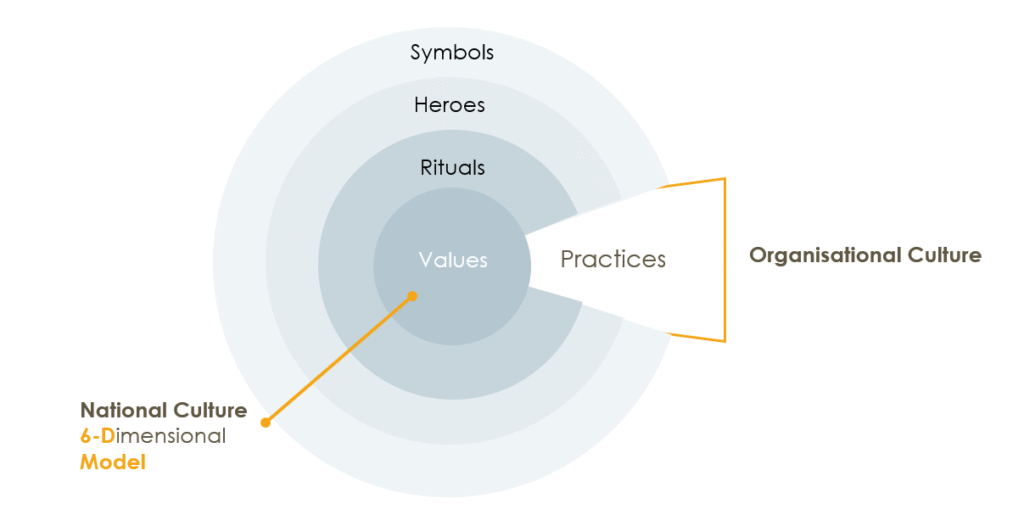
Cultivating Sustainability: Nurturing a Business Culture for Long-Term Success
In the dynamic landscape of modern business, the integration of sustainable practices into organizational culture is becoming increasingly imperative. Let’s explore the significance of cultivating a sustainable business culture and its pivotal role in achieving long-term success.
Defining Sustainable Business Culture
A sustainable business culture goes beyond environmental considerations. It encompasses a holistic approach that addresses social, economic, and environmental aspects. This culture permeates every aspect of the organization, from daily operations to strategic decision-making, fostering a commitment to responsible and ethical business practices.
Environmental Stewardship and Responsibility
At the core of a sustainable business culture lies a commitment to environmental stewardship. Organizations actively seek ways to minimize their ecological footprint, incorporating practices such as energy efficiency, waste reduction, and responsible sourcing. This not only aligns with global sustainability goals but also resonates with environmentally conscious consumers.
Social Responsibility and Community Engagement
Sustainable business culture extends to social responsibility, emphasizing the importance of community engagement and positive social impact. Organizations actively contribute to the well-being of the communities they operate in, supporting local initiatives, and fostering a sense of shared responsibility. This engagement strengthens the bond between businesses and their communities.
Ethical Business Practices and Transparency
Ethical business practices form the cornerstone of a sustainable culture. Transparency in operations, fair labor practices, and ethical supply chain management are paramount. Organizations that prioritize these principles not only build trust among stakeholders but also contribute to the creation of a more equitable and just business environment.
Employee Well-being and Inclusivity
A sustainable business culture places a high value on the well-being and inclusivity of employees. It goes beyond meeting basic workplace standards to creating a supportive and inclusive environment. Employee well-being programs, diversity initiatives, and a focus on work-life balance are integral components of fostering a culture that prioritizes its most valuable asset – the workforce.
Long-Term Strategic Planning
Sustainability is inherently linked to long-term thinking. Organizations with a sustainable business culture integrate environmental, social, and economic considerations into their strategic planning. This forward-thinking approach ensures that business decisions contribute to long-term viability, resilience, and success.
Innovation and Adaptability
A sustainable business culture encourages innovation and adaptability. Organizations continually seek innovative solutions to address environmental challenges, improve efficiency, and meet changing consumer expectations. This culture of innovation fosters adaptability, allowing businesses to thrive in the face of evolving market dynamics.
Consumer Education and Empowerment
Businesses with a sustainable culture recognize the importance of consumer education and empowerment. They strive to inform consumers about sustainable practices, enabling them to make environmentally conscious choices. This engagement not only aligns with corporate values but also creates a more informed and empowered consumer base.
Measuring Impact and Continuous Improvement
Quantifying and measuring the impact of sustainability initiatives is crucial for ongoing improvement. A sustainable business culture involves setting key performance indicators (KPIs) related to sustainability goals. Regular assessments and adjustments based on measurable data contribute to a cycle of continuous improvement.
Sustainable Business Culture: A Strategic Differentiator
In conclusion, a sustainable business culture is not merely a checkbox on a corporate social responsibility list; it is a strategic differentiator in today’s business landscape. To delve deeper into Sustainable Business Culture, click here for additional insights. Embracing sustainability as a core value propels organizations towards long-term success, resilience, and a positive impact on the world.
